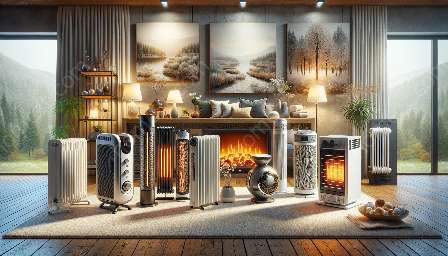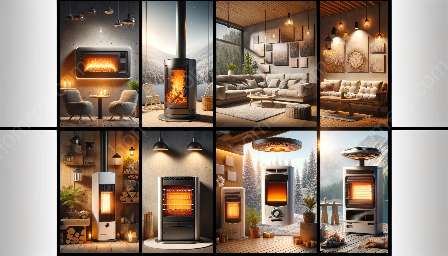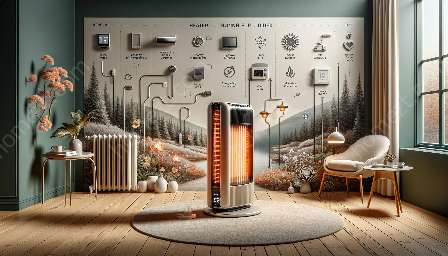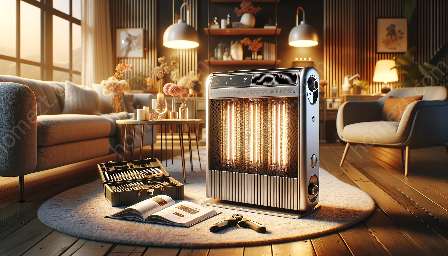Winter brings with it the need for effective heating solutions to keep homes warm and comfortable. In this comprehensive guide, we'll explore a variety of heating tips and tricks to help you make the most of your heaters while maximizing energy efficiency. From smart thermostat usage and proper maintenance to practical heating adjustments, these tips will ensure that you stay warm and cozy all winter long.
Smart Thermostat Usage
Modern thermostats offer a range of features that can help optimize heating efficiency. By programming your thermostat to lower the temperature when you're away or asleep and raise it when you're present and active, you can reduce energy consumption without sacrificing comfort. Additionally, smart thermostats can learn your heating preferences and adjust accordingly, further optimizing energy use.
Proper Insulation and Sealing
Effective insulation and sealing are crucial for maintaining a consistent indoor temperature and preventing heat loss. Inspect your home for any drafts, gaps, or areas of poor insulation, and take necessary measures to seal and insulate these areas. This can include adding weather stripping to doors and windows, applying caulk around gaps, and ensuring that your home's insulation is adequate.
Optimal Heating Settings
Understanding the optimal heating settings for different areas of your home can lead to significant energy savings. For example, setting the thermostat to a slightly lower temperature in bedrooms while using additional blankets can reduce overall heating costs. In rooms that are frequently used, aim to maintain a comfortable temperature without excessive heating. Consider using space heaters in specific areas to avoid excessive heating of the entire home.
Regular Maintenance
Good maintenance practices are essential for ensuring that your heaters operate efficiently. This includes cleaning or replacing air filters, checking for leaks or damage, and scheduling professional inspections and tune-ups. Regular maintenance not only improves performance but also extends the lifespan of your heating system.
Utilize Natural Heat Sources
Take advantage of natural heat sources within your home to supplement your heating system. Opening curtains during the day to allow sunlight to warm the rooms can reduce the need for additional heating. Conversely, closing curtains in the evening provides an additional layer of insulation against the cold. Additionally, using a ceiling fan in reverse can help circulate warm air trapped near the ceiling, distributing heat more effectively.
Invest in Energy-Efficient Heaters
When considering new heaters or upgrades, prioritize energy-efficient models. Look for heaters with high energy efficiency ratings, such as those certified by ENERGY STAR. These models are designed to deliver optimal heating performance while minimizing energy consumption, resulting in long-term cost savings and environmental benefits.
Use Heating Zones
If your home has a zoned heating system, take advantage of this feature to optimize heating for different areas. By independently controlling the temperature in each zone, you can avoid overheating unused spaces and focus on providing comfortable warmth where it's needed most.
Learning from Heating Experts
Seek advice from heating experts for personalized tips and tricks tailored to your specific heating system and home environment. Professionals can provide valuable insights on optimizing your heating setup, maximizing efficiency, and addressing any particular challenges you may encounter.
Conclusion
By implementing these heating tips and tricks, you can create a comfortable and inviting indoor environment while minimizing energy expenses. From leveraging smart thermostat features and utilizing natural heat sources to investing in energy-efficient heaters, these strategies cater to various aspects of effective heating. Embracing these practices will not only enhance your comfort during the winter season but also contribute to a more sustainable and efficient use of energy.






















































